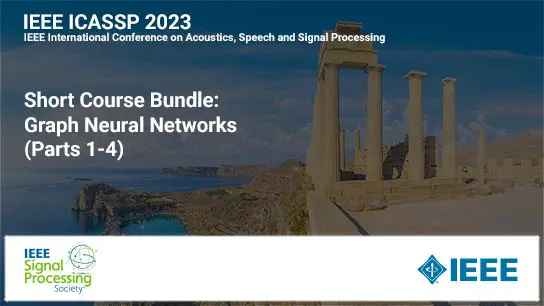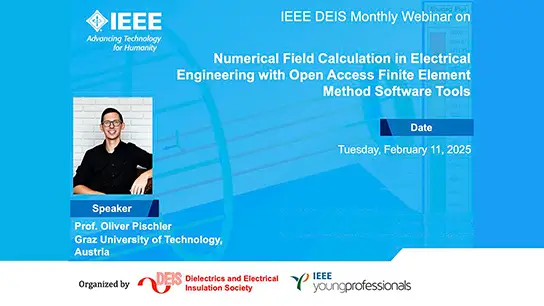-
Members: FreeCIS
IEEE Members: Free
Non-members: FreeLength: 00:58:17
26 Jan 2022
Abstract:
Infrastructure planning and restoration following a disaster is a complex problem requiring the integration of multiple data types and the evaluation of complex and potentially nonlinear relationships. This research uses publicly available data sets shared by the United States Geological Survey (The National Map, Digital Elevation Models, seismic data), the United States Army Corps of Engineers (River Discharge data, Lock & Dam and Levee inventory), and the U.S. National Weather Service (rainfall data, predicted weather patterns). This body of work examines evolutionary computation for infrastructure restoration planning in the aftermath of tornadoes and earthquakes. The use of neural networks is considered to predict changing water levels to capture the timing and impact of flooding and flash flooding events on transportation infrastructure. Algorithms have been used to develop plans for rerouting traffic to minimize the impact of the flooding event on the transportation system, as well as the risk to human lives. This allows emergency management and transportation engineering managers to make better decisions related to safety and the restoration of critical infrastructure elements.
Biography:
Steven M. Corns an Associate Professor of Engineering Management and Systems Engineering at Missouri University of Science and Technology. He received his PhD degree in mechanical engineering from Iowa State University in 2008. Dr. Corns research interests include computational intelligence applications, the mechanics of information transfer in evolutionary algorithms, and model based approaches for complex systems design and analysis. Applications include computational biology/bioinformatics, transportation, and defense. He has applied computational intelligence techniques to disaster modeling and restoration planning for several years, including four projects involving flooding prediction and associated traffic rerouting.
Infrastructure planning and restoration following a disaster is a complex problem requiring the integration of multiple data types and the evaluation of complex and potentially nonlinear relationships. This research uses publicly available data sets shared by the United States Geological Survey (The National Map, Digital Elevation Models, seismic data), the United States Army Corps of Engineers (River Discharge data, Lock & Dam and Levee inventory), and the U.S. National Weather Service (rainfall data, predicted weather patterns). This body of work examines evolutionary computation for infrastructure restoration planning in the aftermath of tornadoes and earthquakes. The use of neural networks is considered to predict changing water levels to capture the timing and impact of flooding and flash flooding events on transportation infrastructure. Algorithms have been used to develop plans for rerouting traffic to minimize the impact of the flooding event on the transportation system, as well as the risk to human lives. This allows emergency management and transportation engineering managers to make better decisions related to safety and the restoration of critical infrastructure elements.
Biography:
Steven M. Corns an Associate Professor of Engineering Management and Systems Engineering at Missouri University of Science and Technology. He received his PhD degree in mechanical engineering from Iowa State University in 2008. Dr. Corns research interests include computational intelligence applications, the mechanics of information transfer in evolutionary algorithms, and model based approaches for complex systems design and analysis. Applications include computational biology/bioinformatics, transportation, and defense. He has applied computational intelligence techniques to disaster modeling and restoration planning for several years, including four projects involving flooding prediction and associated traffic rerouting.


